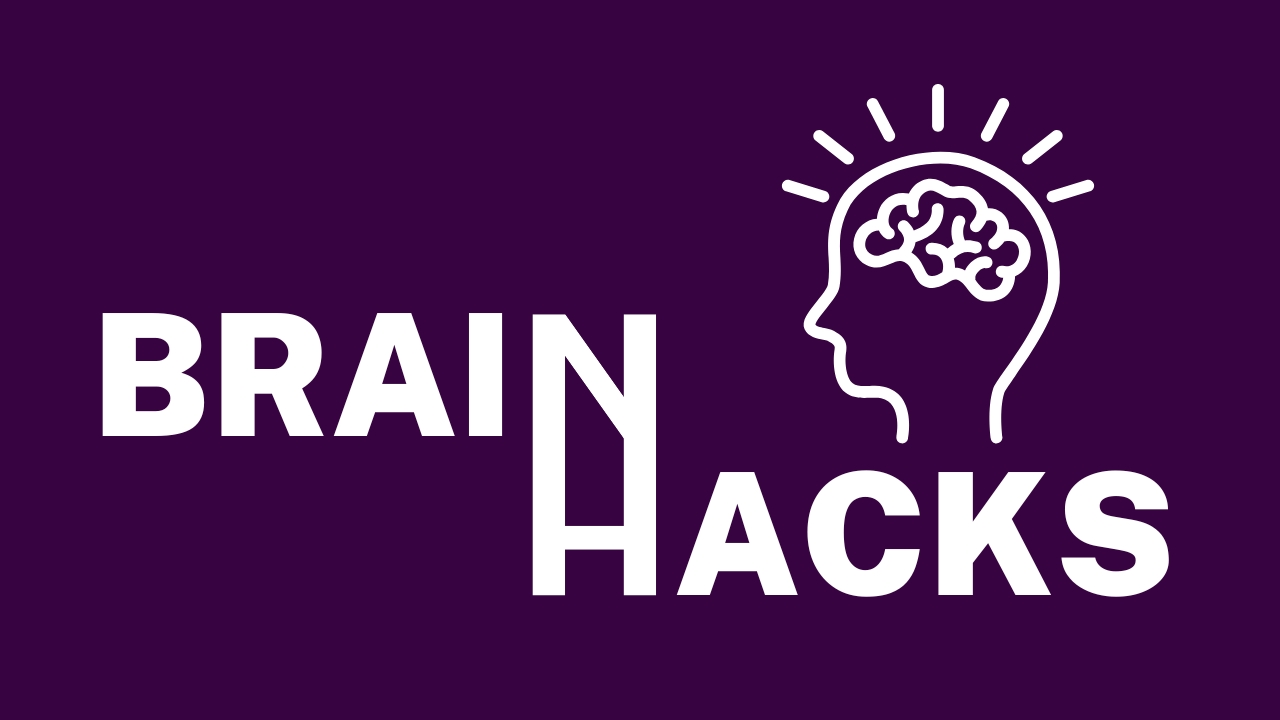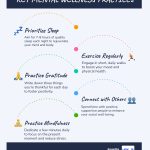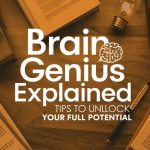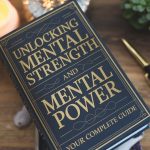This article explores expert-recommended Brain Hacks designed to enhance focus, improve memory retention, and boost overall learning efficiency, equipping readers with actionable strategies to unlock their full cognitive potential.
Table of Contents
Master Your Mind with These Brain Hacks
Ever wish you could retain information faster, sharpen your focus instantly, or brain power through mental fatigue? That’s where brain hacks come in. Brain hacking isn’t just a buzzword; it’s a collection of proven techniques designed to optimize how your brain functions. Whether you’re a student juggling assignments, a professional adapting to a fast-paced work environment, or a lifelong learner exploring new skills, brain hacking can elevate your performance and productivity.
This blog dives into the science behind brain hacks, explores practical methods for boosting mental agility, and even takes a look at the future of this exciting field. By the end, you’ll have a toolkit of actionable strategies to start your personal brain academy and supercharge your mind.
What Are Brain Hacks?
Brain hacks, or “mind hacks,” are tips and techniques aimed at improving cognitive performance, memory, and focus. They employ simple tricks and strategies rooted in neuroscience to maximize how efficiently your brain processes and retains information.
Imagine a toolbox for your mind—these hacks enable you to strengthen your mental muscles, overcome procrastination, and approach challenges more effectively. Whether you’re preparing for an exam, leading a high-stakes meeting, or solving mind trick questions to train your brain, these hacks are your shortcut to success.
The Science Behind Brain Hacking
Your brain is more adaptable than you might think, thanks to something called neuroplasticity. Neuroplasticity refers to your brain’s ability to form and reorganize connections (synapses) as you learn new things or adapt to different challenges. When you practice brain hacks consistently, you capitalize on this natural ability to strengthen neural pathways.
For instance, activities like reviewing material at spaced intervals (spaced repetition) or mentally envisioning complex concepts (visualization) directly promote stronger connections in the hippocampus, which is responsible for memory storage. Similarly, adopting a mind hack like deep breathing lowers cortisol levels, easing stress and allowing your prefrontal cortex to focus better. This intersection of psychology and physiology forms the core of brain hacking—science-backed tweaks with meaningful results.
Practical Brain Hacks for Improved Learning
Brain hacks aren’t just fascinating; they’re actionable. Here are some powerful strategies to improve memory, focus, and problem-solving abilities.
1. Leverage the Power of Spaced Repetition
Instead of cramming, break up your study or work sessions into smaller chunks over a longer period. Spaced repetition forms stronger memory pathways, making it easier to recall information when you need it. Apps like Anki and Quizlet can help you incorporate this hack into your routine.
2. Use the Pomodoro Technique for Focus
Devote 25-minute blocks to intense focus, followed by a 5-minute break. This rhythm helps optimize concentration and prevents mental fatigue. Bonus? You’ll tackle procrastination head-on.
3. Mind Mapping for Complex Topics
Visual learners, rejoice! A mind map organizes information hierarchically, allowing you to understand links between different concepts. With tools like MindMeister, you can create visual diagrams that your brain processes more effectively.
4. Brain Foods for Better Cognitive Function
Certain foods are known to improve brain function. Include omega-3-rich items like salmon, walnuts, and flaxseed, as well as blueberries and dark chocolate. A well-fueled brain is better equipped to hack its way to greatness.
5. Practice Active Recall
When studying, close your textbook and try summarizing key points without checking the material. This approach strengthens memory retrieval, especially useful for students prepping for exams.
6. Gamify Your Learning
Turn a mundane task into a stimulating challenge with game elements. Apps like Duolingo or Elevate make learning an enjoyable experience, encouraging long-term engagement.
7. Meditate to Boost Focus and Clarity
Meditation isn’t just for relaxation—it also enhances attention and lowers stress. Even 10 minutes of mindfulness or guided breathing exercises can make a positive impact on cognitive performance.
8. Sleep Strategically
Believe it or not, your brain consolidates memories while you sleep. Aim for 7–9 hours each night, and consider a 20-minute power nap during the day to recharge your mind.
Brain Hacking in Daily Life
Brain hacking doesn’t need to feel daunting or overly structured. By integrating even a few hacks into your everyday activities, you can improve productivity and mental well-being with minimal effort.
1. Morning Routine Reboot
Start your day with a 5-minute cold shower. The burst of cold activates your vagus nerve, which enhances mood and focus. Pair this with a to-do list to map out priorities early.
2. Digital Detox
Constant smartphone notifications? Mute them during focus sessions to improve cognitive bandwidth. Using “Do Not Disturb” can significantly reduce distractions as you complete tasks.
3. Learn Something New During Commutes
Carry a book for time on public transport or listen to a podcast while driving. This keeps your brain continuously engaged without requiring extra time in your schedule.
4. Gratitude Journaling
List three things you’re grateful for before you sleep. Research in neuroscience suggests gratitude increases activity in the prefrontal cortex, leading to happiness and lower stress—a calm mind is a productive one.
Brain hacking is evolving alongside technology, with emerging tools promising unprecedented benefits for learning and cognition.
1. Neurofeedback Devices
Companies like Muse and ThinkMind are developing wearable headsets that monitor brain waves, offering feedback to help you control stress levels and enter high-focus states faster.
2. Personalized AI Assistants
AI advancements are enabling apps like Jasper to tailor brain hacks to individual learning styles, preferences, and objectives. Imagine a personal brain academy designed just for you!
3. Cognitive-Enhancing Supplements
Nootropics, often referred to as “brain boosters,” such as L-theanine and creatine, are becoming increasingly popular for their ability to improve concentration and alleviate mental exhaustion. While still under study, they may play a role in the brain hacking landscape.
4. VR-Based Learning
Virtual Reality (VR) applications are turning abstract concepts into immersive experiences. This could revolutionize how professionals receive training in fields like medicine, engineering, and more.
Boost Your Performance with Brain Hacks
Every major transformation begins with a single action. Start small by implementing even one or two brain hacks into your daily routine, and you’ll begin to notice big changes over time. The best part? These techniques are available to anyone, regardless of age or experience.
If you’re ready to amplify your cognitive abilities even further, don’t wait—explore AI-powered resources and tools that guide you through tailored mind hacks. Your personalized brain academy awaits!










